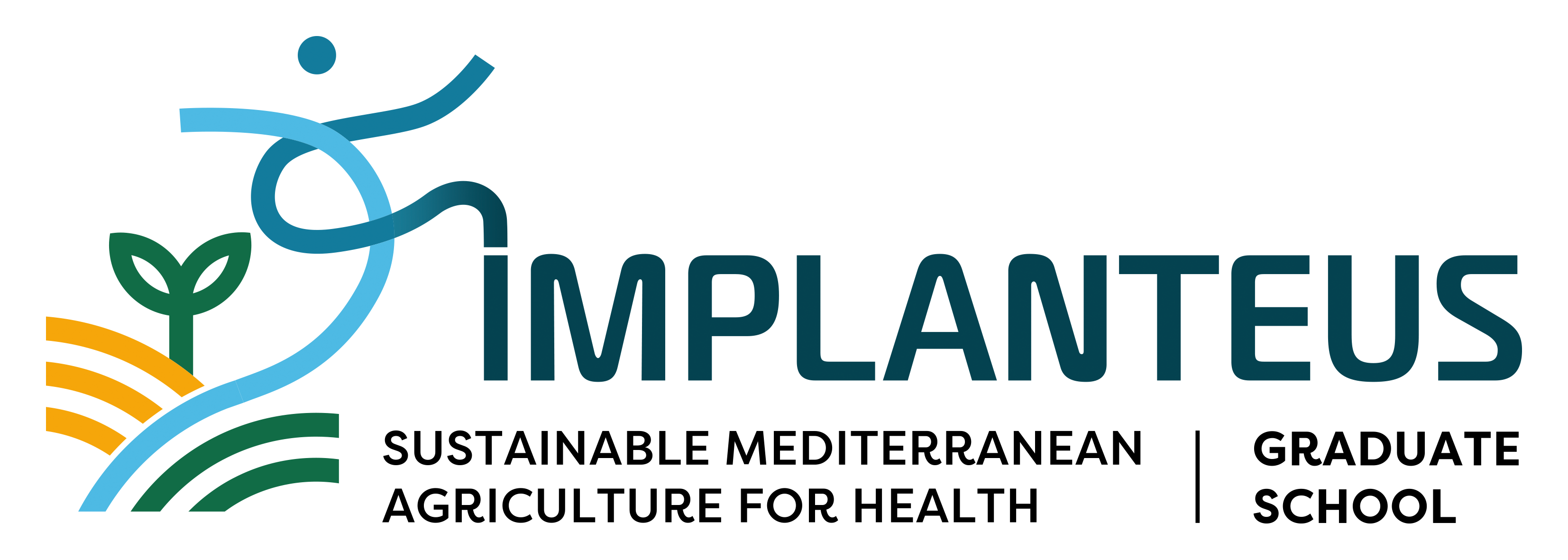The Implanteus graduate school of Avignon University proposes for its fourth year a cycle of scientific conferences, combining face-to-face and distance lectures.
The third conference of the second semester will take place:
Wednesday 14th May at 2:30 a.m. face-to-face (Agrosciences lecture theatre)
Production of biofuels from by-products and residues of the Olive Industry by biochemical conversion
JUAN FRANCISCO GARCIA MARTIN, PhD
Department of Chemical Engineering, University of Seville, Spain
Dr. Juan Francisco García Martín was born in Linares (Spain) in 1979. He earned a B.Sc. in Chemistry in 2001 and afterwards he obtained a Ph.D. summa cum laude (European Doctorate Mention) in 2007, both from the University of Jaén (Spain). Subsequently, he was a postdoctoral researcher at University of Granada (Spain), University College Dublin (Ireland) and Instituto de la Grasa (Spanish National Research Council), and meanwhile did several research stays at Institute of Catalysis and Petrochemistry (Spanish National Research Council) and the Universities Paul Sabatier Toulouse III (France), Claude Bernard Lyon I (France) and Geisenheim (Germany). He was also lecturer at the Universities of Jaén (Spain), Granada (Spain) and Málaga (Spain), and since 2016 he has been Associate Professor at the Department of Chemical Engineering of the University of Seville (Spain).
Biofuels production cannot mean a threat for food security. Biofuels of second and third generation imply the use of integrated bio-refineries for fuels production, electricity generation and biological products. In advanced technologies, it is predicted to reduce natural resources like earth and water, and with it the awareness about food security. Amongst these advanced technologies stand out ethanol production from lignocellulose material by means of microorganisms. The main substrates in the bioethanol industry are still cereals and sugarcane. In this sense, industrial yield of 0.35 kg ethanol/kg corn kernel has been reported. However, corn is also processed for human consumption so the diversion of resources from the food market to fuel production has caused a great controversy. In countries of the Mediterranean basin, olive generates different lignocellulose by-products not related to the animal or human food chain which can be regarded as a potential source of bioethanol. Ethanol yields of 0.072 kg/kg, 0.13 kg/kg and near 0.10 kg/kg have been reached at laboratory scale from olive pruning, olive stone and extracted olive pomace, respectively. This indicates that feasibility of the production of ethanol-fuel from olive by-products will solely be possible by considering two key factors: the development of the concept of bio-refinery and the exploitation of economies of scale.



